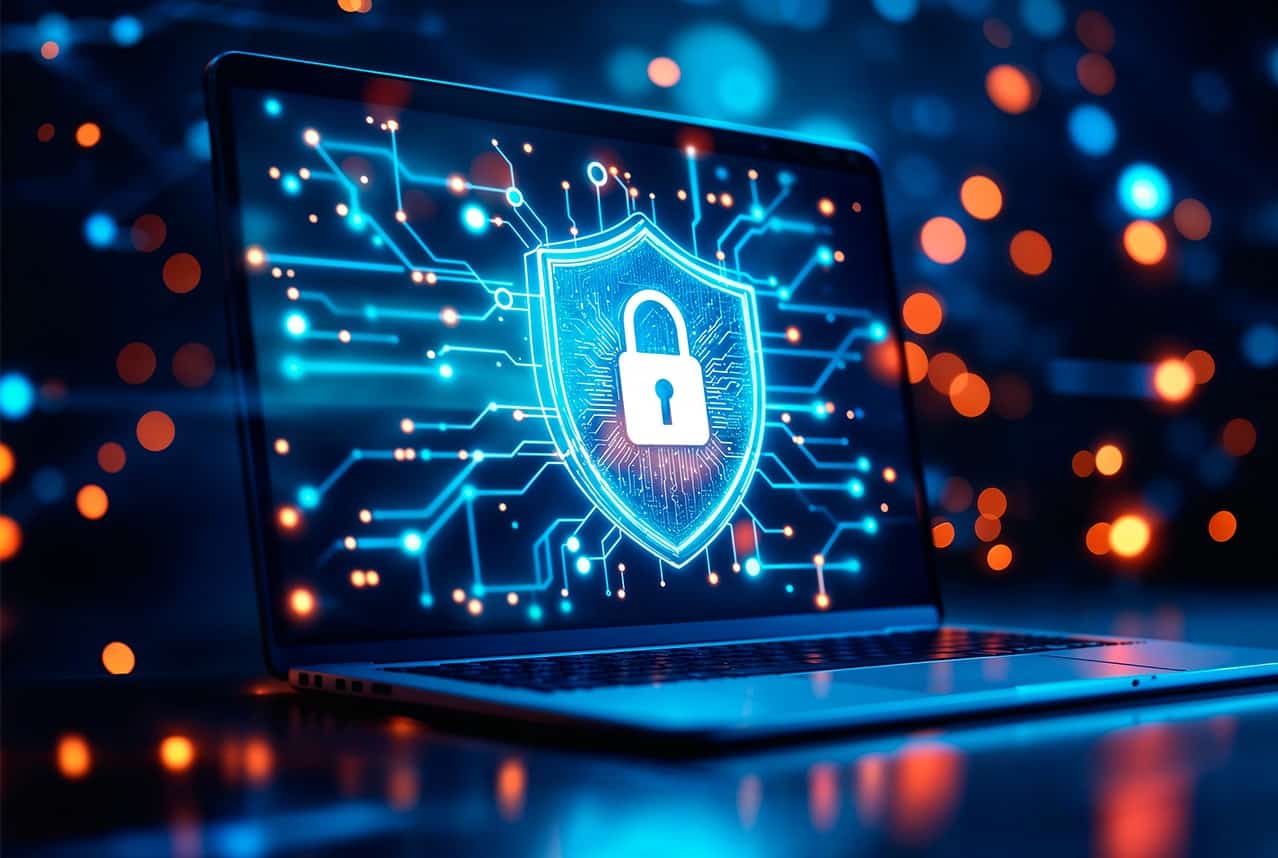Online Reputation Defense: The Role of Cybersecurity in Digital Safety

In today’s connected world, your online reputation matters more than ever. Whether you are an individual, a business, or an organization, the way you appear on the internet can influence opportunities, relationships, and trust. However, threats such as hacking, identity theft, and misinformation constantly loom over your digital presence. That is where cybersecurity plays a vital role. By actively protecting your data and digital interactions, cybersecurity helps maintain the integrity and trustworthiness of your online reputation.
The Growing Importance of Online Reputation
As more aspects of life move online, people increasingly rely on the internet to form opinions. A few negative posts, leaked personal information, or hacked accounts can quickly damage how others perceive you or your brand. The speed at which information spreads online means that reputation damage can escalate within minutes. Therefore, understanding that cybersecurity is not just about protecting data but also about safeguarding your image becomes essential.
Furthermore, businesses face heightened risks, especially. Customers often research companies online before making a purchase or forming a partnership. A single cyberattack that exposes customer data or damages website functionality can lead to lost trust and revenue. Protecting digital assets becomes inseparable from safeguarding reputation. Thus, cybersecurity acts as a first line of defense, keeping threats at bay before they impact how you are seen online.
Cybersecurity Measures That Support Reputation Management
Effective cybersecurity begins with strong defense strategies. Firewalls, encryption, and secure passwords all reduce the risk of unauthorized access to sensitive information. When attackers cannot breach your systems, they cannot steal or manipulate your data. This prevention helps avoid embarrassing or harmful incidents that might otherwise reach public view and harm your reputation.
Equally important, regular software updates and patching eliminate vulnerabilities that hackers exploit. Staying proactive with security maintenance ensures your defenses adapt to evolving threats. This consistent vigilance signals responsibility and care, reinforcing a trustworthy image. When others know you take cybersecurity seriously, they feel more confident in interacting with you online.
The Role of Cybersecurity in Preventing Identity Theft and Fraud
Identity theft is one of the most damaging cybercrimes, affecting both personal and business reputations. When malicious actors impersonate someone else, they can post harmful content, send fraudulent messages, or make illegal transactions. Such actions can severely tarnish an individual’s or a company’s image, sometimes irreversibly.
Cybersecurity techniques, such as multi-factor authentication and biometric verification, significantly reduce these risks. These methods add extra layers of protection, making it much harder for imposters to gain access to your accounts. When your identity remains secure, your reputation stays intact, and you avoid the negative fallout that comes with impersonation.
Protecting Against Data Breaches to Maintain Trust
Data breaches often result in the loss of sensitive client or user information. Such events can severely undermine confidence in an organization. Customers expect businesses to protect their private information, and failing to do so can create lasting damage to trust.
Cybersecurity focuses on encrypting data and limiting access to authorized personnel only. These safeguards reduce the chance of data leaks, even if hackers manage to penetrate the outer defenses. Keeping data secure means that customers and partners feel safe engaging with your services, which in turn upholds your reputation over time.
Combating Misinformation and Defamation Online
In today’s digital environment, false information can spread rapidly and unjustly damage reputations. Cybersecurity helps combat these attacks by protecting official websites and social media accounts from hacking and unauthorized posting. When cybercriminals take control of an account, they can post misleading or damaging content that confuses audiences and harms credibility.
By securing login credentials and monitoring account activity, cybersecurity reduces the chances of such takeovers. It also enables quicker recovery in the event of an incident. Protecting your digital channels ensures that your message remains authentic and trustworthy, thereby preventing damage to your reputation caused by misinformation.
How Cybersecurity Encourages Confidence in the Digital Age
People tend to engage more with brands and individuals they believe are secure and reliable. Cybersecurity builds that confidence by creating safe online environments. Secure websites, encrypted communications, and protected personal data all signal professionalism and care.
This trust translates directly into stronger relationships and business success. Clients feel comfortable sharing information, making purchases, and recommending your services when they know their data is safe. For individuals, strong cybersecurity helps maintain privacy and personal integrity, which are crucial to a positive online reputation.
The Future of Reputation Protection through Cybersecurity
As cyber threats continue to evolve, so too must the strategies to protect online reputations. Emerging technologies, such as artificial intelligence and machine learning, are playing an increasingly significant role in detecting threats more quickly and accurately. These innovations enable more precise defenses against sophisticated attacks that target reputations specifically.
The growing emphasis on privacy laws worldwide also heightens the importance of maintaining robust cybersecurity. Organizations that fail to adapt risk not only reputational damage but also legal consequences. Therefore, staying ahead with robust cybersecurity measures is essential for preserving a long-term reputation.
Protecting What Matters Most Online
Ultimately, cybersecurity acts as the guardian of your online reputation. By preventing unauthorized access, data breaches, identity theft, and misinformation, it preserves the trust others place in you. The digital age demands continuous vigilance and adaptation to counter evolving threats that can swiftly damage reputations.
Taking cybersecurity seriously means investing in technology, training, and policies that prioritize safety and security. This investment not only protects sensitive information but also strengthens your image and credibility in the digital landscape. As online presence grows more critical to personal and professional success, cybersecurity remains a key pillar in safeguarding what matters most—your reputation.